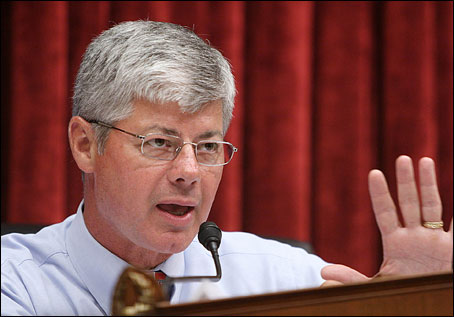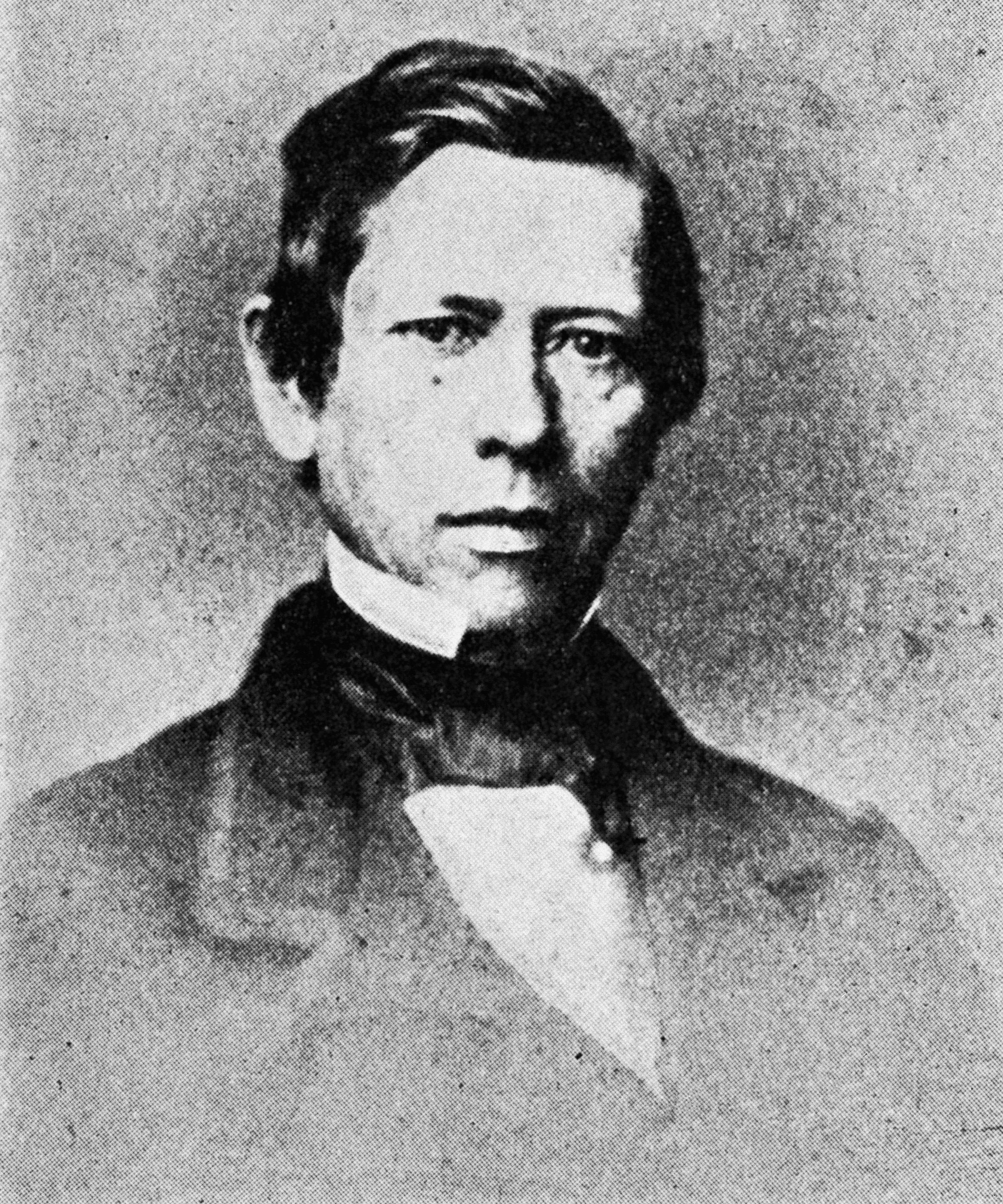The University of Georgia Amending Process Project |
|
Early in the debate over the Affordable Health Care for America Act of 2010, Democratic leaders sought to use restrictive chamber rules to bar a controversial amendment offered by Rep. Bart Stupak (D-MI). |



|
Congressman Adam Clayton Powell (D-NY) offered large numbers of amendments that barred federal funds to groups that practiced discrimination. |
|
The sponsor of perhaps the best known amendment in American history, David Wilmot (D-PA). The Wilmot Proviso was adopted in the House via an unrecorded teller vote. |
|
Note: Done in conjunction with Professors Jamie Carson and Keith T. Poole, the University of Georgia Amending Process Project collects data on amendments to landmark enactments from 1865 to 1945. This page provides a brief overview of the project and links to supplementary information. This includes a description of the coding process and listing of the landmark enactments students to be coded, a copy of the project codebook, and a repository of questions and answers that have come up during the project. |
|
Overview: The question of how legislative institutions (incorporating both internal rules of procedure and external rules governing member elections) influence policy formation has long fascinated scholars of congressional politics. Despite this interest in legislative institutions, much of the scholarly analysis has been restricted to roll call vote data. This is unfortunate, as for much of congressional history, bills and amendments were unlikely to be subjected to a recorded vote. By systematically cataloging all amendments offered in the U.S. House and Senate to landmark enactments, the University of Georgia Amending Process Project seeks to help students and scholars better understand the lawmaking process.
Because the amending process provides a crucial link between the agenda-setting and final passage stages of American lawmaking, we believe this project will help provide leverage on a number of important questions like: How do the two chambers differing internal rules of procedure influence policy output? How do changes in electoral rules alter member behavior? Under what conditions will members or parties seek recorded votes? How does the roll call record influence observed polarization? How often do members defer to committees on legislative content? How do rules of procedure influence chamber success at the conference committee stage? |
|
The project seeks to facilitate undergraduate interest in political science research. Taught as an independent study once a year, select undergraduate students are invited to take part in the data collection process. To date, the collection project has spanned over three courses and utilized four graduate students, and eighteen undergraduates, in addition to three faculty members. Students are tasked with coding amendments from a reading of the Congressional Record. During course meeting times, the students then go over questions that may have come up during their data collection. We than discuss the procedural situations the students are encountering, as well as any relevant historical context that may be helpful. This provides the undergraduate students with an active learning process. By reading the Congressional Record, the students are observing what legislators do on the floor of both the House and Senate on a day to day basis. Over the span of four semesters, students have collected data on 9,431 amendments offered during the 45th Congress (1877-1879), 50th Congress (1887-1889), 54th Congress (1895-1897) and 59th (1905-1907) to the 68th Congresses (1923-1925).
|
|
To date, scholarly work on the amending process has been restricted to only amendments that have received recorded votes. This presents problems for scholars seeking to analyze the influence of rules and institutions on the lawmaking process, as for much of American history, controversial amending activity occurred independent of the roll call record. Our preliminary evidence highlights how much of the amending process the roll call record misses. For example, an examination of 78 landmark bills from the 59th (1905-1907) to the 68th Congresses (1923-1925) yielded 5,173 amendments. Of these, just 263 (or 5.08%) featured recorded roll call votes. While a substantial number of these unrecorded amendments were uncontroversial, 526 (or 10.17%) were salient enough for members to request unrecorded division votes, and another 132 (or 2.55%) included requests for unrecorded teller votes. By tracking all amendments (recorded and unrecorded), we can gain a more complete understanding of how legislative rules and institutions can lead to changes in legislation from the bill introduction to conference report stage. |

|
During consideration of the Bland-Allison Silver Purchase Act in 1878, Senator William Boyd Allison (R-IA) offered a controversial amendment limiting the amount of silver that could be purchased by the federal government. The amendment was adopted via an unrecorded division vote. |